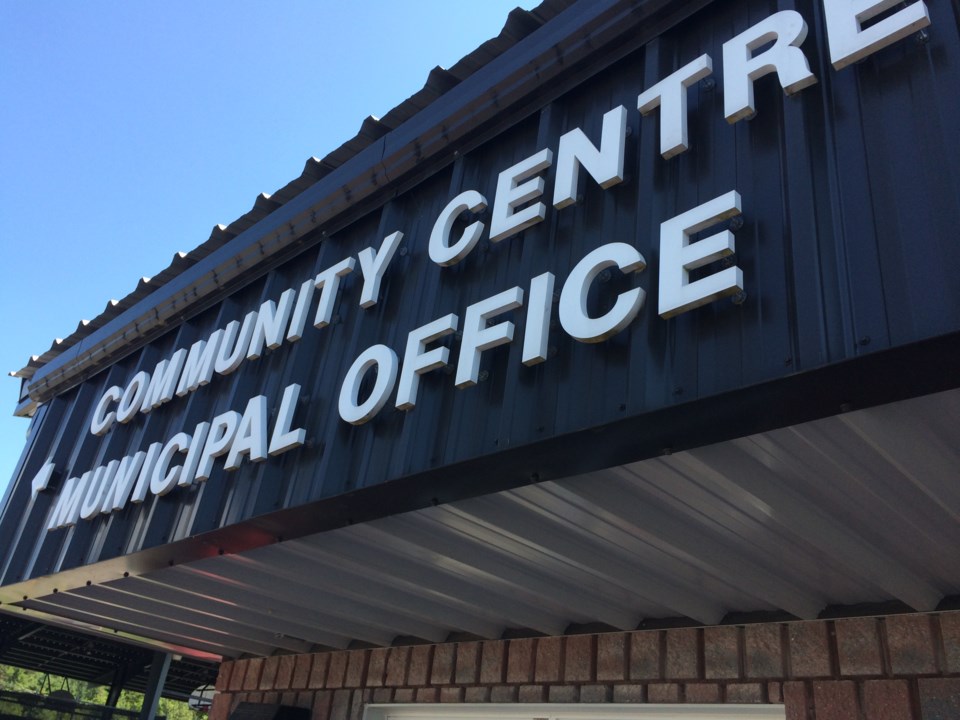The 2022 municipal election in Magnetawan may be the last time voters in the village vote by mail.
After that vote, the municipality is expected to switch to full electronic voting, giving individuals the choice to vote for their preferred candidates either by phone or internet.
Council decided to go the mail-in ballot route one more time, even though staff recommended the village make the switch entirely to electronic voting for 2022.
Staff presented council with three options on how to roll out voting methods for next year, with the preferred option being to replace mail-in ballots with electronic voting using either a phone or the internet.
The second option gave voters the choice to either vote by mail or cast their vote electronically, again using the phone or internet.
The third option was to maintain the status quo and provide the vote-by-mail method, which is how the village's last election in 2018 was carried out.
Voting electronically under the first option was by far the cheapest way to carry out the election at $9,690.
By comparison, council's decision to pick the second option, where people could vote electronically or by mail, is nearly double the price at $17,498.
The third option, where residents can only vote by mail, is the most expensive route to go at a price tag of $22,458.
None of these options includes the cost of having poll clerks, scrutineers, or a deputy returning officer present on election night when ballots are counted manually.
In 2018, when Magnetawan residents last voted for council and school board members, the vote-by-mail cost was $30,812, which included staffing costs and the expense of providing return envelopes.
Elected officials would have preferred to go all electronic next year, but Mayor Sam Dunnett pointed out that internet connectivity may still be an issue in the more rural parts of the community.
In addition, there also was the issue of comfort level when faced with a new voting method.
But Dunnett added, “Once people get used to the electronic voting, you can get rid of the vote-by-mail.”
Coun. John Hetherington was on the same page, saying eliminating the mail-in vote and replacing it entirely next year with electronic voting would “save the taxpayers a lot of money.”
“But I understand the need for one more round of voting by mail,” Hetherington said.
During the presentation to council explaining all three options, chief administrative officer Kerstin Vroom said electronic voting eliminates the need for people like poll clerks and scrutineers on election night, which becomes a cost saving.
Vroom said people cast their vote over the phone or internet using a personal identification number and the moment the polls close, all that information and the results are tabulated instantly.
With electronic voting, Vroom said people can usually begin casting their ballots around 10 days before the election and right up to the time polls close.
Furthermore, as long as they have their PIN, people can vote from anywhere in North America or the world over the internet if they use their cell phones.
Electronic voting also makes it easier for people with disabilities to vote and there are no spoiled ballots.
Vroom says with each municipal election, more municipalities are switching to electronic voting.
In 2018, 178 of Ontario's 417 municipalities carried out their elections electronically, which is nearly 43 percent of all municipalities.
It was the first time the number of municipalities going the electronic route topped 100 communities.
In 2014, 97 municipalities voted electronically, which represented a big jump from the 2010 election when only 44 saw ballots cast electronically.
Vroom said the expectation for 2022 is to see a larger number of municipalities introduce electronic voting.
Magnetawan is in Parry Sound District and Vroom said a number of communities have already made the change to electronic voting.
Among them is the Town of Parry Sound, the Municipality of McDougall, and the Town of Huntsville.
Other Parry Sound District communities using electronic voting are the Township of Seguin, Township of McKellar, Township of Archipelago, Township of Carling, and the Municipality of Whitestone.
Ontario residents vote for their new councils and school boards on Oct. 24, 2022.
- Rocco Frangione is a Local Journalism Initiative reporter who works out of the North Bay Nugget. The Local Journalism Initiative is funded by the Government of Canada.



